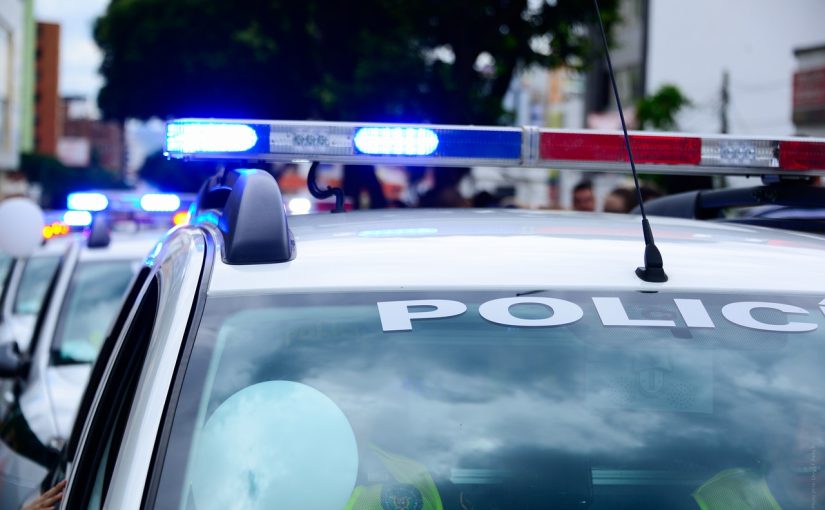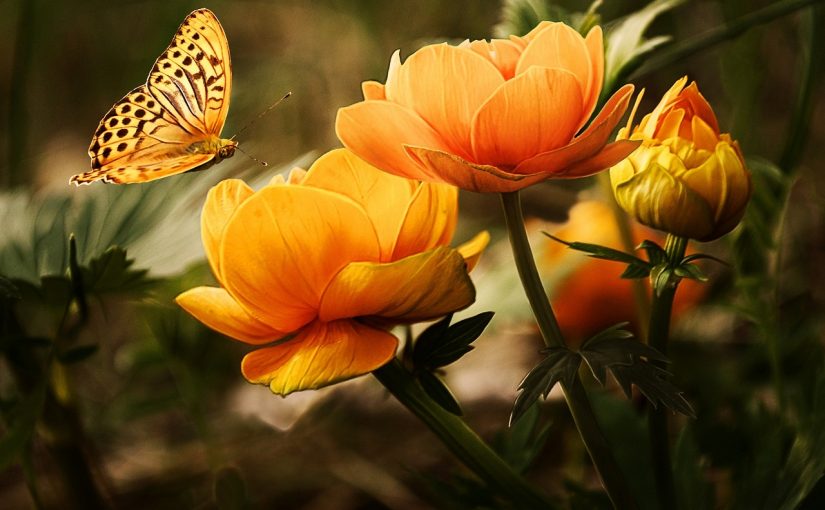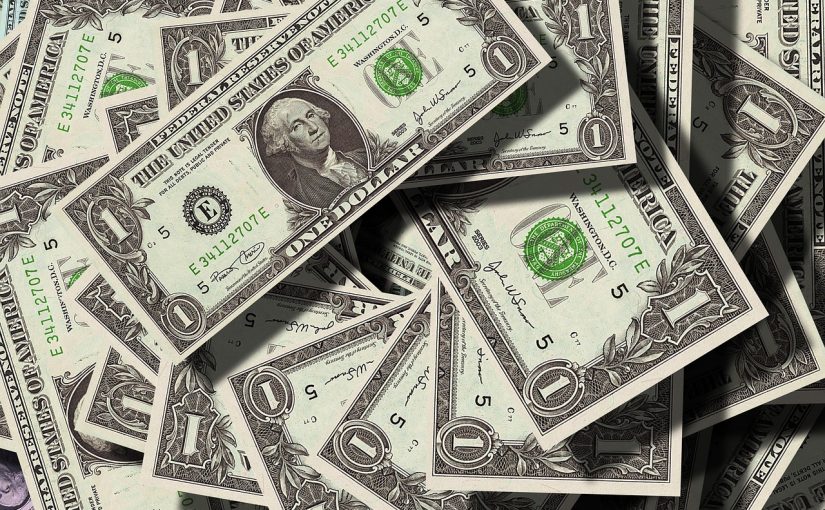Welcome to the Slangpedia entry on “police”!👮🏾♂️👮🏼♀️🚔🚨
Exploring the intricate tapestry of police slang? Whether you’re crafting a tale, chatting away, or driven by sheer curiosity, it’s enlightening to delve into the slang terms, words, and their meanings related to “cops”, “law enforcement”, or “the fuzz”. Without further ado, here’s our comprehensive guide showcasing a curated list of police-themed slang, phrases, and terms that pepper our everyday conversations.
Cops
- Meaning: Refers to police officers.
- Origin: Derived from the verb “to cop” meaning “to seize”, used in the early 19th century.
- Usage: “The cops showed up at the party.”
Po-po
- Meaning: Informal term for police.
- Origin: Possibly a reduplication of the word “police”.
- Usage: “Watch out, the po-po are coming.”
Pigs
- Meaning: Derogatory term for police officers.
- Origin: Origin unclear, but it’s been used since at least the 1960s, particularly during times of civil unrest.
- Usage: “The pigs busted the party.”
Fuzz
- Meaning: Slang for police.
- Origin: Origins are debated; some believe it may relate to the fuzzy hats worn by certain police units.
- Usage: “The fuzz is onto us.”
5-0 (Five-Oh)
- Meaning: Another term for the police.
- Origin: Taken from the title of the classic police show “Hawaii Five-0”.
- Usage: “Scatter, it’s the 5-0!”
Bobby/Bobbies
- Meaning: British slang for a policeman or the police.
- Origin: Named after Sir Robert Peel, who established the Metropolitan Police Force in London in 1829.
- Usage: “A bobby is patrolling the area.”
Rozzers
- Meaning: British slang for the police.
- Origin: The exact origins are unclear but has been used in British English for decades.
- Usage: “The rozzers caught him red-handed.”
The Bill
- Meaning: British slang for the police.
- Origin: Refers to the “Old Bill”, a term used for the police in London, and was popularized further by a British police drama of the same name.
- Usage: “The Bill are investigating the crime scene.”
The Heat
- Meaning: Refers to the police or detectives.
- Origin: Possibly relates to “packing heat” (carrying a gun) or the pressure (heat) the police bring.
- Usage: “The heat are closing in on the suspect.”
The Feds
- Meaning: Refers to federal law enforcement agencies, especially the FBI.
- Origin: Short for “federal agents”.
- Usage: “The feds are involved in this case.”
Mounties
- Meaning: Refers to members of the Royal Canadian Mounted Police.
- Origin: Derived from “mounted” as the RCMP historically patrolled on horseback.
- Usage: “The mounties always get their man.”
Gendarmes
- Meaning: Refers to armed police officers in France and certain other countries.
- Origin: From Old French “gens d’armes”, meaning “men-at-arms”.
- Usage: “The gendarmes were called to the scene.”
The Law
- Meaning: Refers to law enforcement or police.
- Origin: Direct association with those who enforce the law.
- Usage: “The law was at his doorstep.”
Blue
- Meaning: Refers to the police.
- Origin: Likely derived from the common blue color of police uniforms.
- Usage: “Blues are patrolling the area.”
Narcs
- Meaning: Refers specifically to narcotics officers or any officers involved in drug law enforcement.
- Origin: Short for “narcotics”.
- Usage: “The narcs busted a big drug ring.”
The Man
- Meaning: Refers broadly to authorities, but can also mean the police.
- Origin: Evolved from counterculture movements, suggesting “the man” is someone in authority suppressing the people.
- Usage: “You can’t trust the man.”
John Law
- Meaning: Another term for a police officer.
- Origin: Dates back to the early 1900s. The exact origin isn’t clear, but it is an older term.
- Usage: “John Law’s on our tail.”
Flatfoot
- Meaning: An old slang term for a patrol officer.
- Origin: Might relate to the notion that cops, who walked their beats, would develop flat feet.
- Usage: “A flatfoot stopped me on the street today.”
Dick
- Meaning: Refers to a detective.
- Origin: Shortening and alteration of “detective”.
- Usage: “There’s a dick working on the case.”
Copper
- Meaning: Refers to a police officer.
- Origin: Comes from the verb “to cop” meaning to capture.
- Usage: “That copper’s been watching us all day.”
Boys in Blue
- Meaning: Refers to the police, based on the blue uniforms commonly worn.
- Origin: Direct reference to the traditional blue color of police uniforms.
- Usage: “The boys in blue were at the scene.”
Birds
- Meaning: Cockney rhyming slang for police.
- Origin: From “Birds of a Feather”, which is rhyming slang for “copper”.
- Usage: “The birds are circling the block.”
Busies
- Meaning: Used in Liverpool (UK) to refer to the police.
- Origin: Unclear origin, but localized slang for the police in Liverpool.
- Usage: “Watch out for the busies.”
Bacon
- Meaning: Slang term for police.
- Origin: Could potentially relate to “pigs”, another derogatory term for police. The origin isn’t definitively known.
- Usage: “Smell that? Bacon’s around.”
Cherry Tops
- Meaning: Refers to police due to the red lights atop their vehicles.
- Origin: Direct reference to the red lights on police cars.
- Usage: “I saw cherry tops in the rearview and pulled over.”
That’s it for our list of slang phrases for “police”. We hope you’ve found this compilation enlightening. While the world of slang is ever-evolving, these terms have stood the test of time and are universally recognized. If you think we’ve missed any synonyms for “police”, do let us know in the comments below. Keep expanding your vocabulary!👍😊
Fascinated by Slang? Explore More!
Discover other captivating slang terms and their origins. Here are a few more gems for you:


